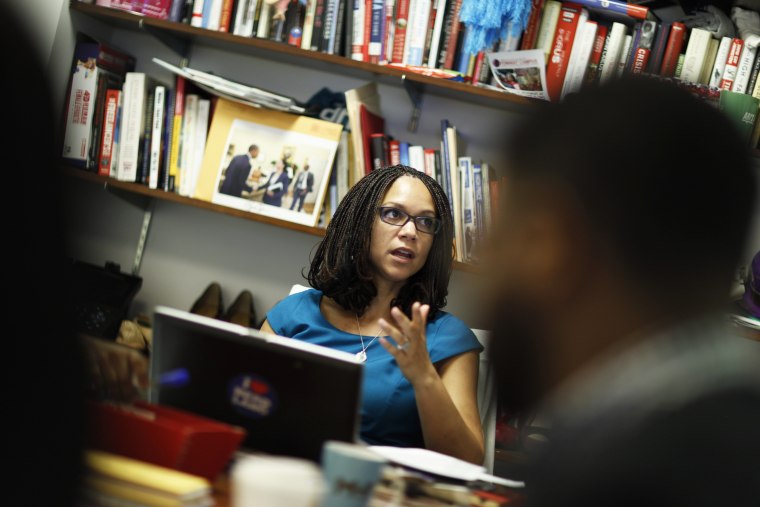On Thursday the assignment was to provide your answer to the question: What do reproductive rights mean to you? Here are some of your responses:
Colleen Dougherty wrote:
A few years ago, my answer would have been limited to, essentially, a women's right to choose if, when, and how to have baby. In actuality, it's about if, when, and how people choose to have children. Within the scope of reproductive rights are included contraception in its various forms or constructions, healthcare, access to abortion, access to fertility treatments, and could even be extended to certain types of adoption. Additionally, this scope is extended to all people in a variety of settings. When most people think of reproductive rights, they immediately think of a woman accessing contraception, reproductive healthcare, or abortion, when the reality is that all people from all walks of life may at one point or another require access to this type of care. There are the couples comprised of a man and a woman, two women, two men, transgender individuals, who are trying to start their own family. Or there are the people who are single, but know that they would like to become parents and are starting their families through various means. There are people who are physically unable to have children of their own, and use various fertility methods in order to have a family.
On the flip side, there are the people who do not want to have children of their own or do not want to have anymore children than they already have, and require access to contraception or abortion. There are the countless people who are raped everyday and become pregnant from that violation of their bodies who require access again to the services needed to end their pregnancy and help to begin the healing process.
My own personal story is that I am a queer woman, my partner is a transgender woman, and while we are no where near starting a family yet, in the queer community and our situation, it takes a lot of work to become a parent, a lot more work than an ablebodied, heterosexual, cisgender couple. Reproductive rights to me mean keeping my body healthy for myself, but also down the road starting a family and keeping my body healthy for that family so that I can grow old with them.
Reproductive rights means that my young adult daughter can choose when and if she wants to have children, can make difficult choices when they need to be made and, most importantly, can avoid those difficult moments as best she can by taking responsibility for her reproductive health with open access to contraceptive and women's health care.
It is clear that all efforts to dial back the clock that women of my generation initially re-set in the 1970's to the bad old days is an effort to stand in the way of economic and sexual freedom for women. It is a truism that if you cannot control reproduction you cannot truly control your life and our opponents on the right know it. Unfortunately, even as we know that we will eventually prevail again, the women of Texas and other repressive states don't have the luxury of saying that time is on our side.
Reproductive rights is a spectrum around if/when/how reproduction occurs. It's also about bodily autonomy and the ability to access crucial and necessary care. Reproductive rights/justice is about fighting for healthcare that has somehow gone outside the realm of "regular" healthcare into something special/unique/targeted because it is mostly related to women's care.
Donna LeClerc wrote:
Reproductive rights will always remain a sign of freedom for me. When I was a young woman, we had no access to Birth control. It was not until after my 3rd child that I was able to get "The pill". Suddenly I had choice and it felt wonderful. I would never want to see our young women lose this right to control their own bodies.
Zakiyyah Zai'mah wrote:
Reproductive Rights are essential in a woman's ability to exercise her agency. Without them, our voices become disembodied and non-essential. Reproductive Rights give every woman the power to self-actualize in whatever form or manner that she so chooses. It allows her to chart her future and to be the master of her fate.
